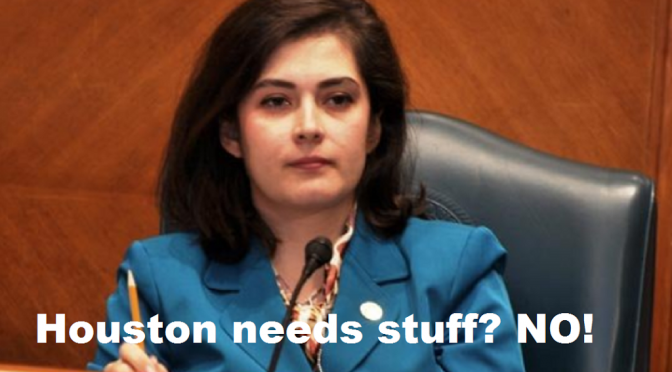
Over the weekend, the winds of change blew through the halls of Houston and HCC municipal governance. In Saturday's runoff election, turnout was expected to be light and that certainly proved to be true. With a meekly 4 percent of overall voter turnout, some of the most contested races of the year were …
Continue Reading ››
And we didn't have to fudge it.
As exciting as Texas state politics have been this week, it's important to also take a look back at events in local politics. For the City of Houston, a lot has been accomplished in the last couple of weeks. Far-removed from K-street underbelly controlling DC, …
Continue Reading ›› 
Ready or not, here we come...
After six years of vigorous debate, the Houston City Council has voted to further increase the city's density.
Chapter 42 passed Council on a vote of 14 to 3. The ordinance changes development rules in the hopes of making the city more competitive …
Continue Reading ››
A Voice for the Rest of Texas

